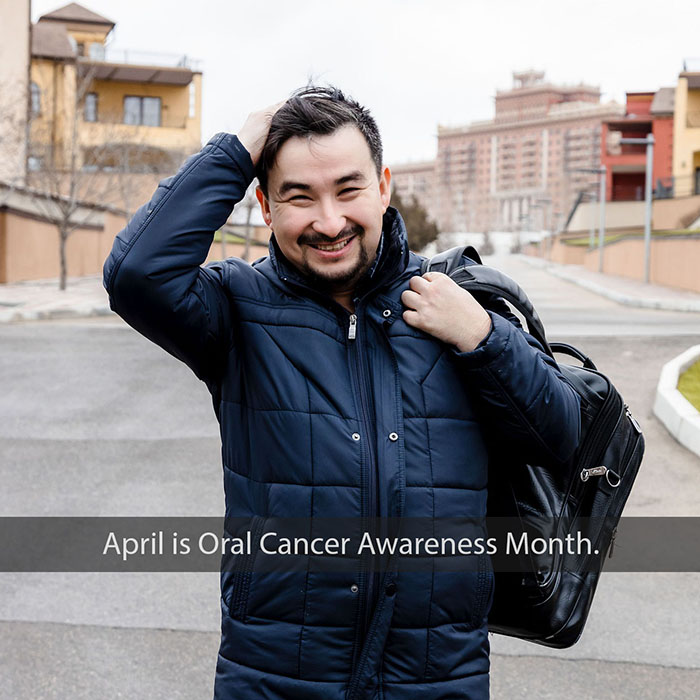Is Artificial Sugar Better for Your Teeth Than Natural Sugar?
Is Artificial Sugar Better for Your Teeth Than Natural Sugar?

Do you eat a lot of sugary foods or consume a lot of sugary drinks? If you do, you could be weakening your enamel, which can lead to tooth decay and cavities. Dr. Preston recommends limiting your consumption of foods and drinks that contain sugar in order to protect the health of your teeth.
How Natural Sugar Harms the Teeth
When we talk about sugar harming the teeth, what we are really talking about is the explosion of bacteria that occurs in the mouth after you eat or drink something that contains sugar. When you consume cake, soda or another sugar-laden item, the bacteria in your mouth feed off the sugar and multiply. This makes the mouth acidic, and it is the acid that is created by the bacteria that harms the enamel of your teeth.
Acid attacks can last up to 30 minutes after you consume your last sugary item. If you consume a lot of sugar-filled foods and drinks all-day, you could be subjecting your teeth to an all-day acid attack, which can significantly weaken the layer of enamel that protects your teeth. If the enamel is significantly weakened, holes can appear. If the holes become deep enough, they are considered cavities and will need to be filled by a dentist.
Common Foods and Drinks That Contain Natural Sugar
Many different types of foods and drinks contain an excessive amount of sugar, including cakes, cookies, hard candies, chewing gum, sports drinks and energy drinks. However, there are lesser known foods that also contain a lot of sugar, like dried fruit.
Whole, raw fruit is great for your teeth. It contains a lot of water and can help increase the saliva production in your mouth. However, when the same fruit is dried, the water is removed, and the food becomes extremely sticky. The stickiness combined with the high sugar content can lead to extended acid attacks in the mouth.
When choosing foods that may harm your teeth, always look at the ingredients list to determine the amount of sugar in each serving, and if you are going to eat sugary foods or consume drinks that are high in sugar, try to limit the amount you consume and how often you consume those items each day.
How Artificial Sugars Harm the Teeth
In order to limit your sugar consumption, you may be tempted to purchase foods and drinks that are sweetened with artificial sugars. Individuals choose artificial sweeteners because they often do not contain any calories per gram and can help people lose weight and control their blood sugar levels. However, it is important to understand that foods and drinks containing artificial sweeteners may not be any healthier for your teeth.
While the artificial sweeteners may not help increase the number of bacteria in your mouth or contribute to acid attacks, the other ingredients in the products, like starches and refined flours, can contribute to tooth decay and cavities. It’s also important to avoid artificially sweetened foods that are extremely sticky or chewy. When a food, candy or cake is extremely chewy or sticky, it remains on your teeth for a longer period of time than foods that are not sticky, and this can contribute to a bacteria explosion and acid attack.
Types of Artificial Sugars
There are many different types of artificial sugars on the market, and a great many of them are sugar alcohols, including xylitol, sorbitol, maltitol and sucralose. Then, there are non-sugar, sugar substitutes. Those include saccharine and aspartame. Stevia is considered a dietary supplement that can be used in place of sugar.
The last artificial sugar is xylitol, which is the only artificial sugar replacement that is recommended by dentists. This sweetener is considered to be antibacterial, and it helps increase saliva production in the mouth. Saliva is very important for teeth because it contains minerals that your teeth need in order to keep the enamel strong. Therefore, chewing sugar-free gum with xylitol listed as an ingredient is safe for your teeth. VP Dental offers xylitol products in the office including toothpaste, gum and nasal spray.
Foods and Drinks with Artificial Sugar
When it comes to avoiding or limiting foods with artificial sugars, you should read the labels. If the ingredients’ list includes stevia, aspartame, xylitol, sorbitol, maltitol or sucralose, you know the product contains an artificial sugar. It is also important to read the packaging. If it says diet or low-calorie, it probably contains and artificial sugar. A few examples of products that contain artificial sugars include diet colas, low-calorie candies and cakes and items that say reduced sugar or zero calories per serving.
How to Protect Your Teeth After Eating Sugary Foods
If you do happen to eat a sugary food or consume a drink that has sugar in it, you can limit the damage caused by the sugar. Once you are finished eating or drinking, wait about 20 to 30 minutes, then brush your teeth thoroughly for three minutes in order to remove any sugary residue and food particles from your teeth. This helps prevent extended acid attacks that can harm your enamel.
Another way to help protect your teeth from cavities and tooth decay is remembering to visit Dr. Preston twice a year. If you are at an increased risk of developing tooth decay, cavities or gum disease due to excessive sugar intake, improper brushing or a chronic illness, like diabetes, you should visit Dr. Preston twice a year for an oral examination and teeth cleaning.
To learn more about how to protect your teeth from the negative effects of natural sugar and artificial sugars and to schedule your dental appointment for a teeth cleaning, call us today.






